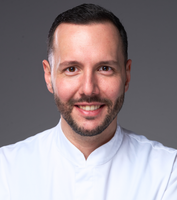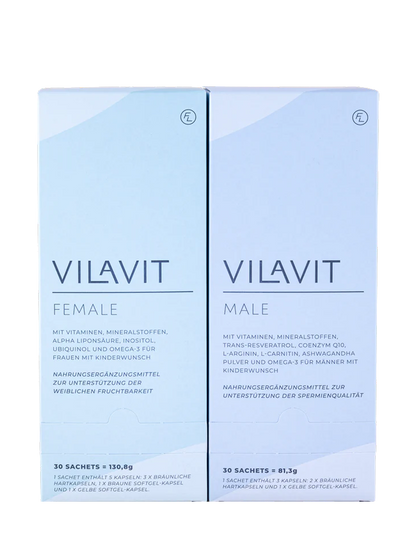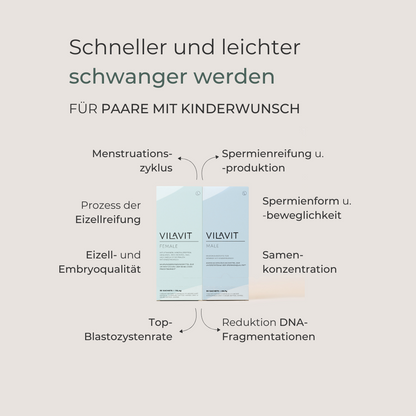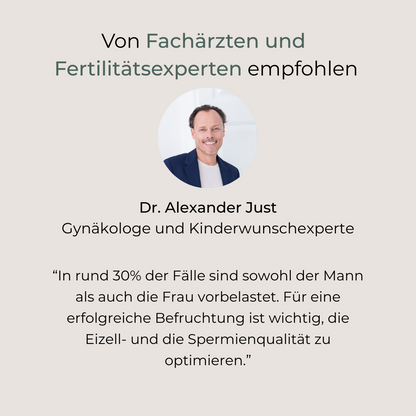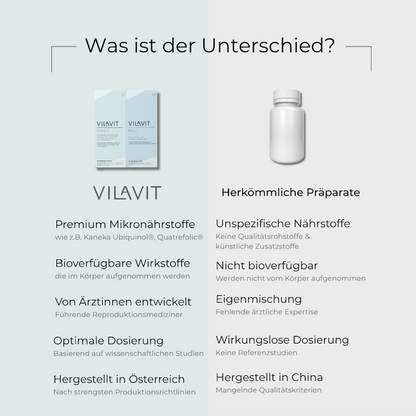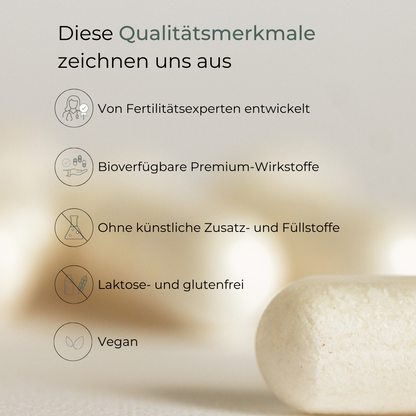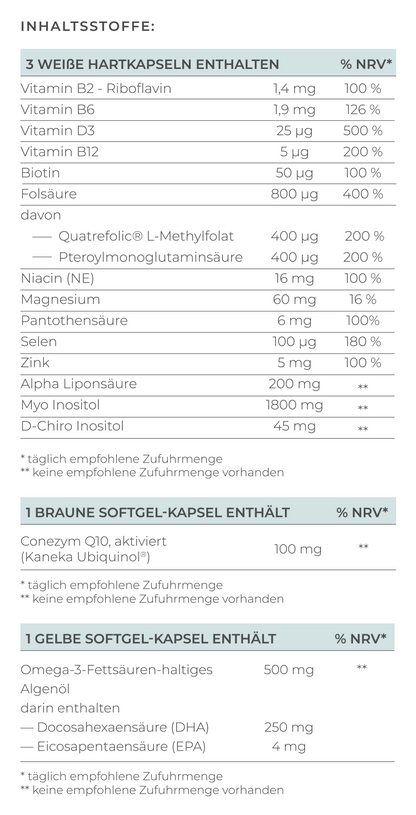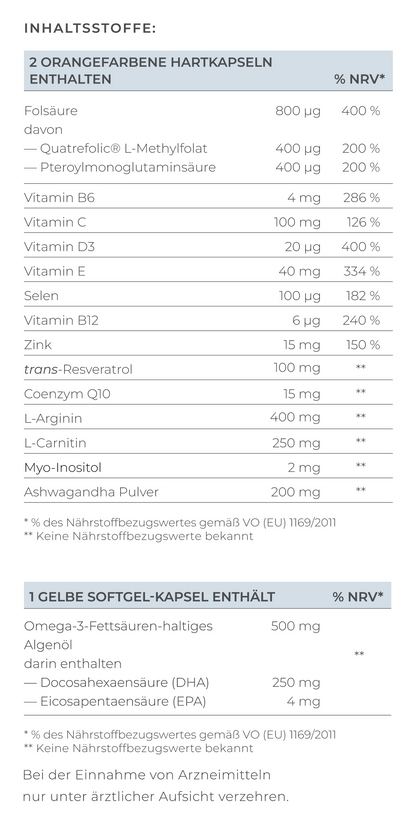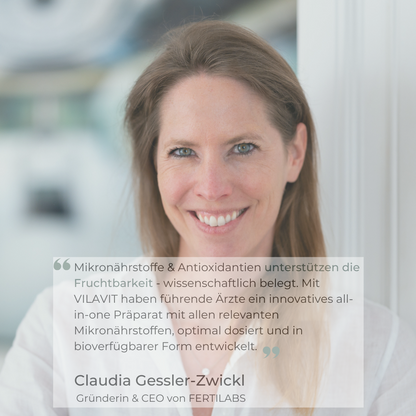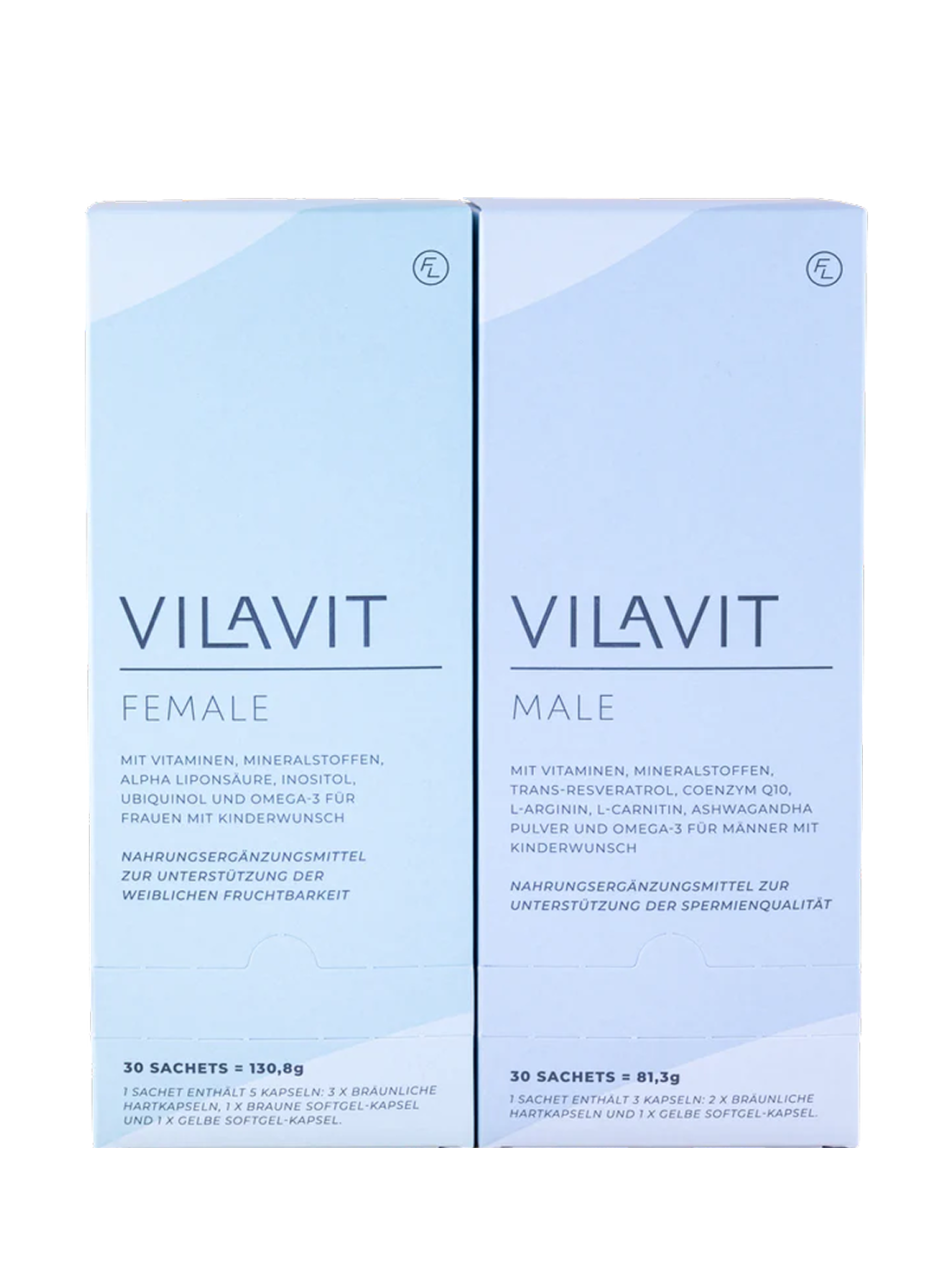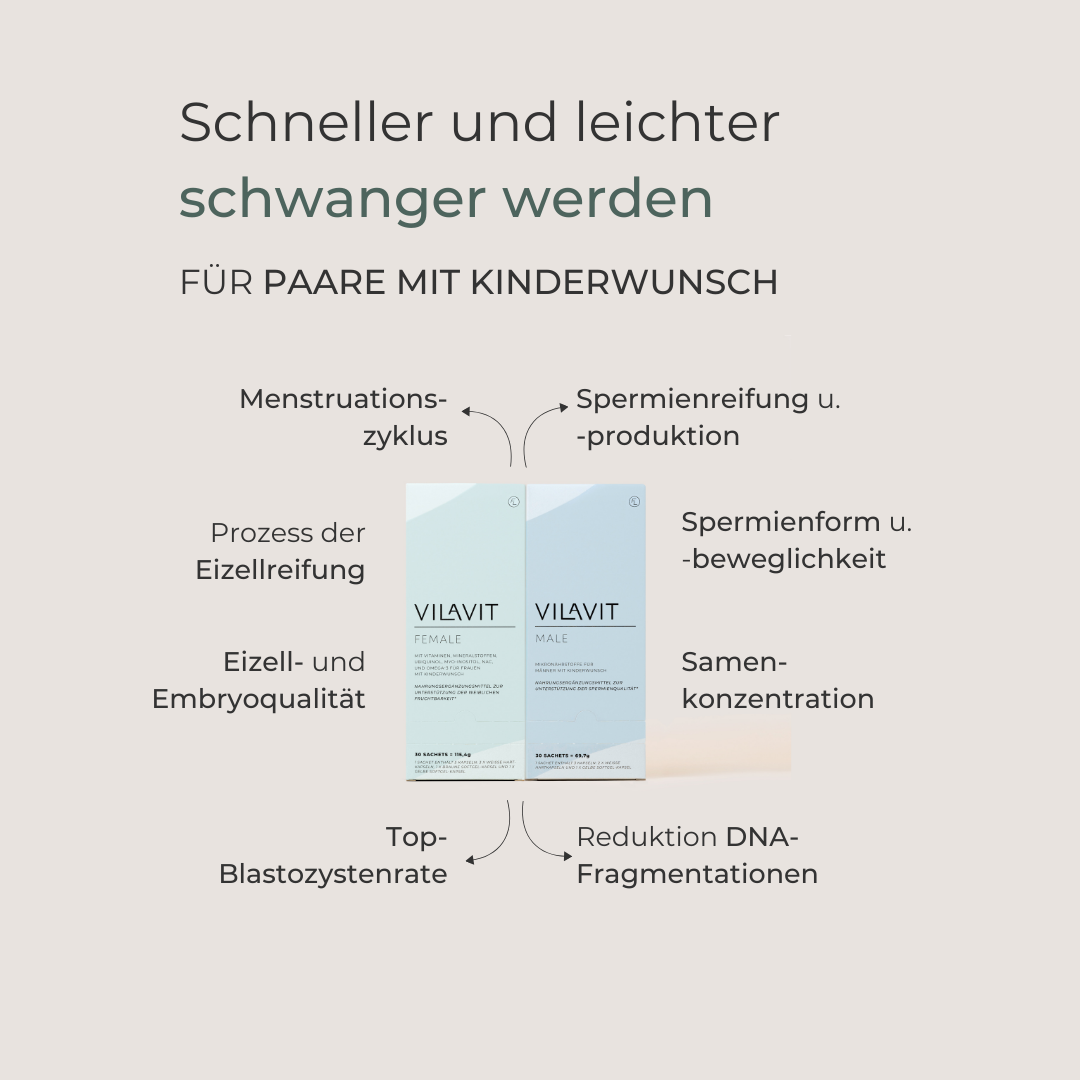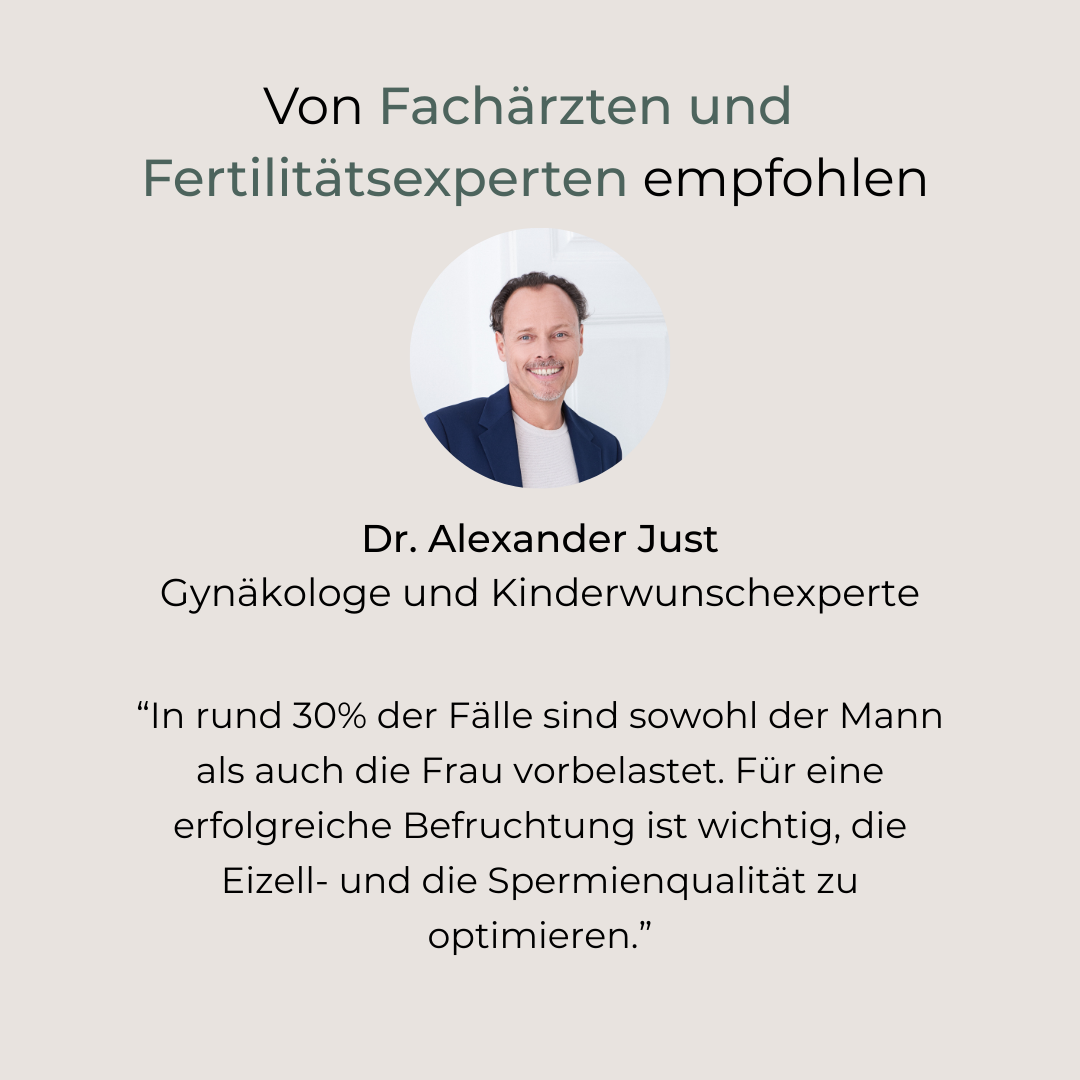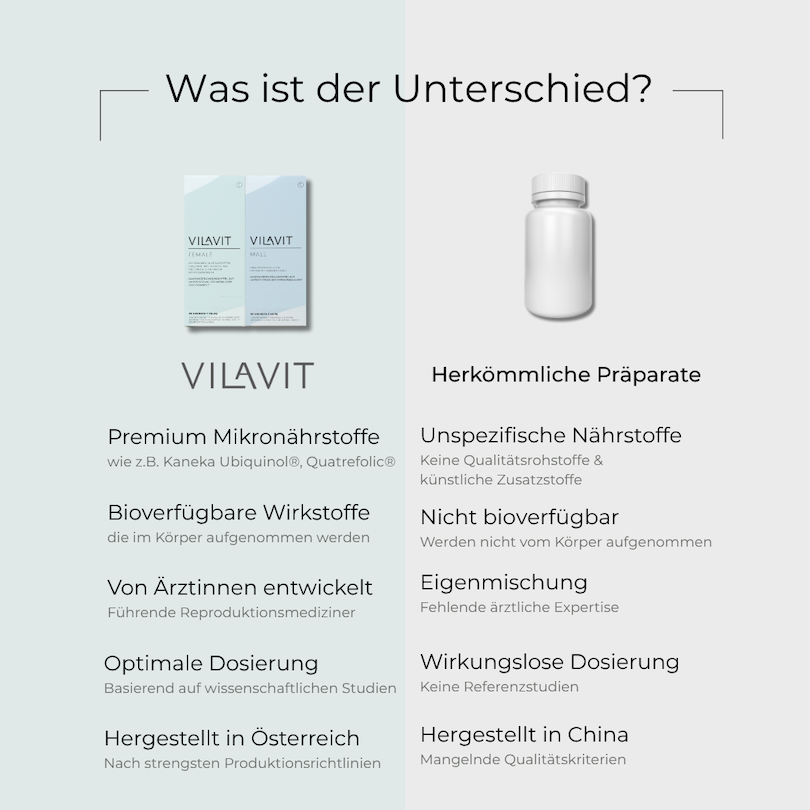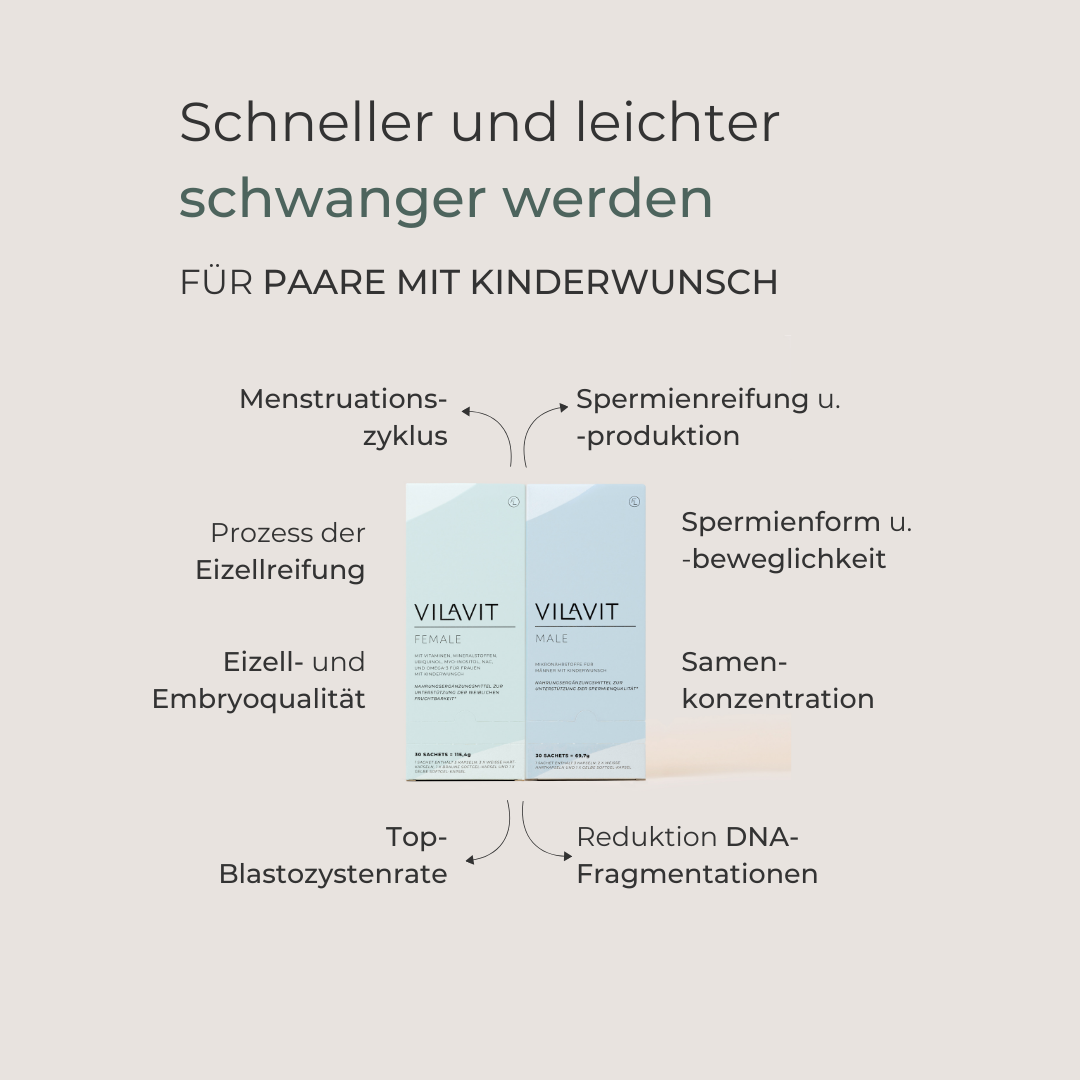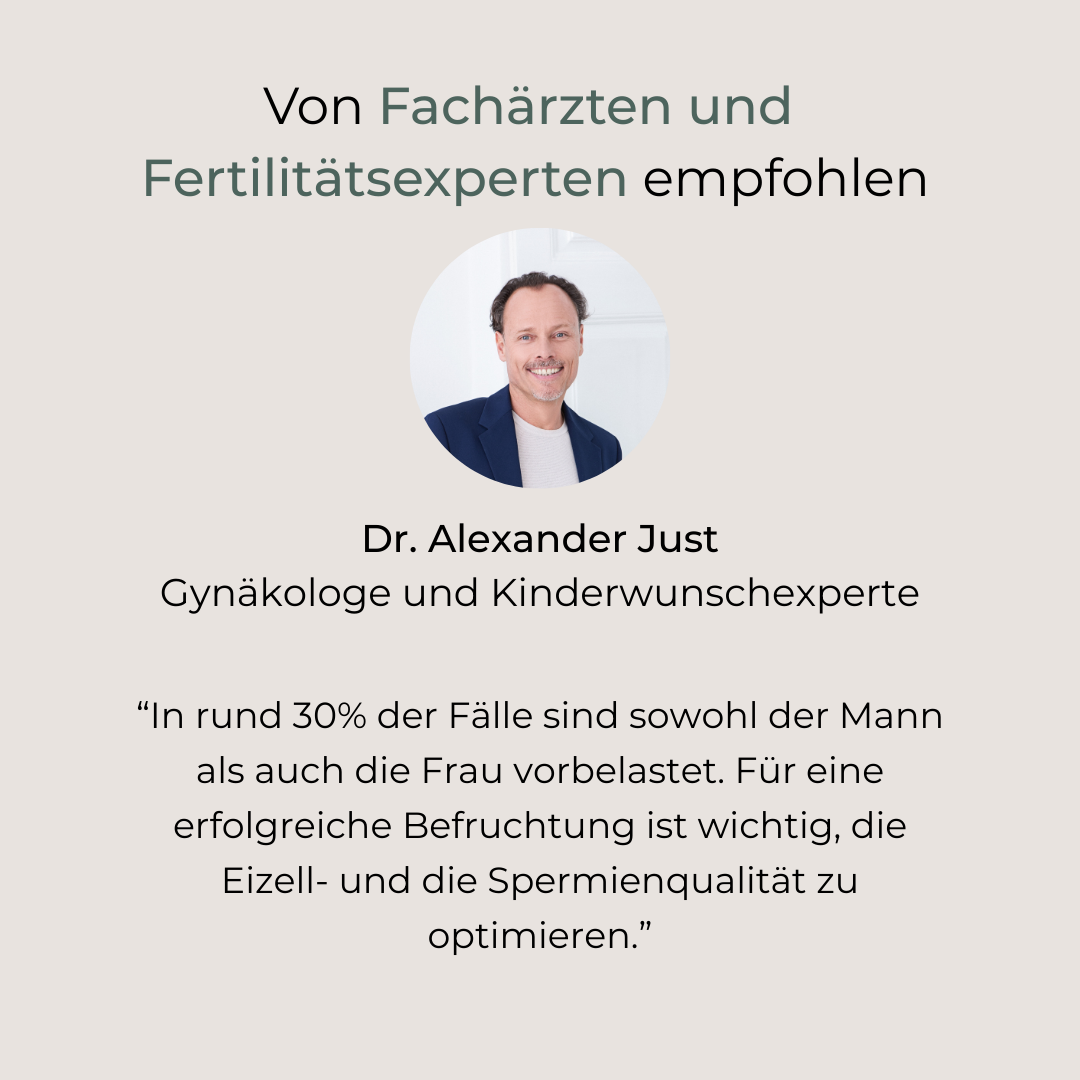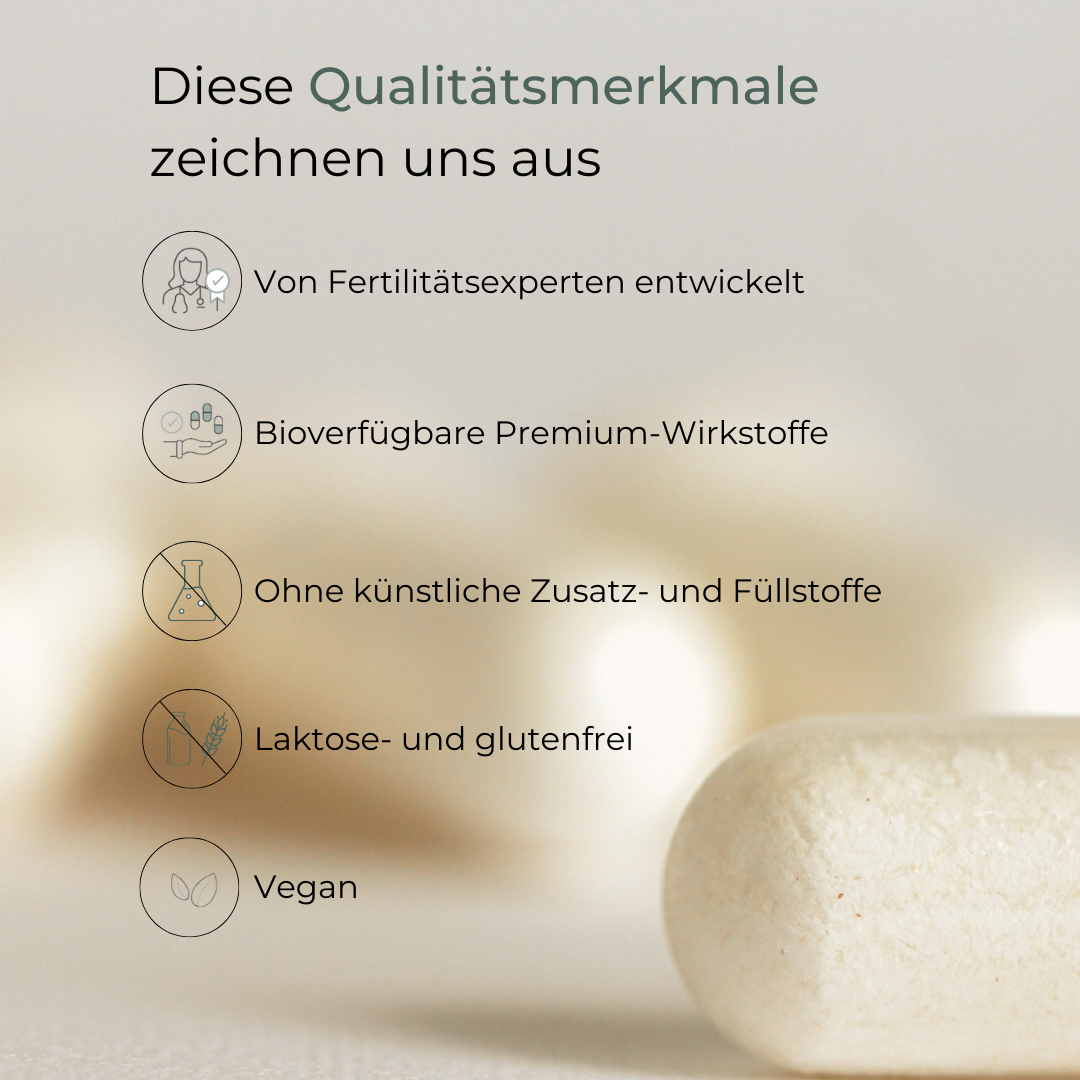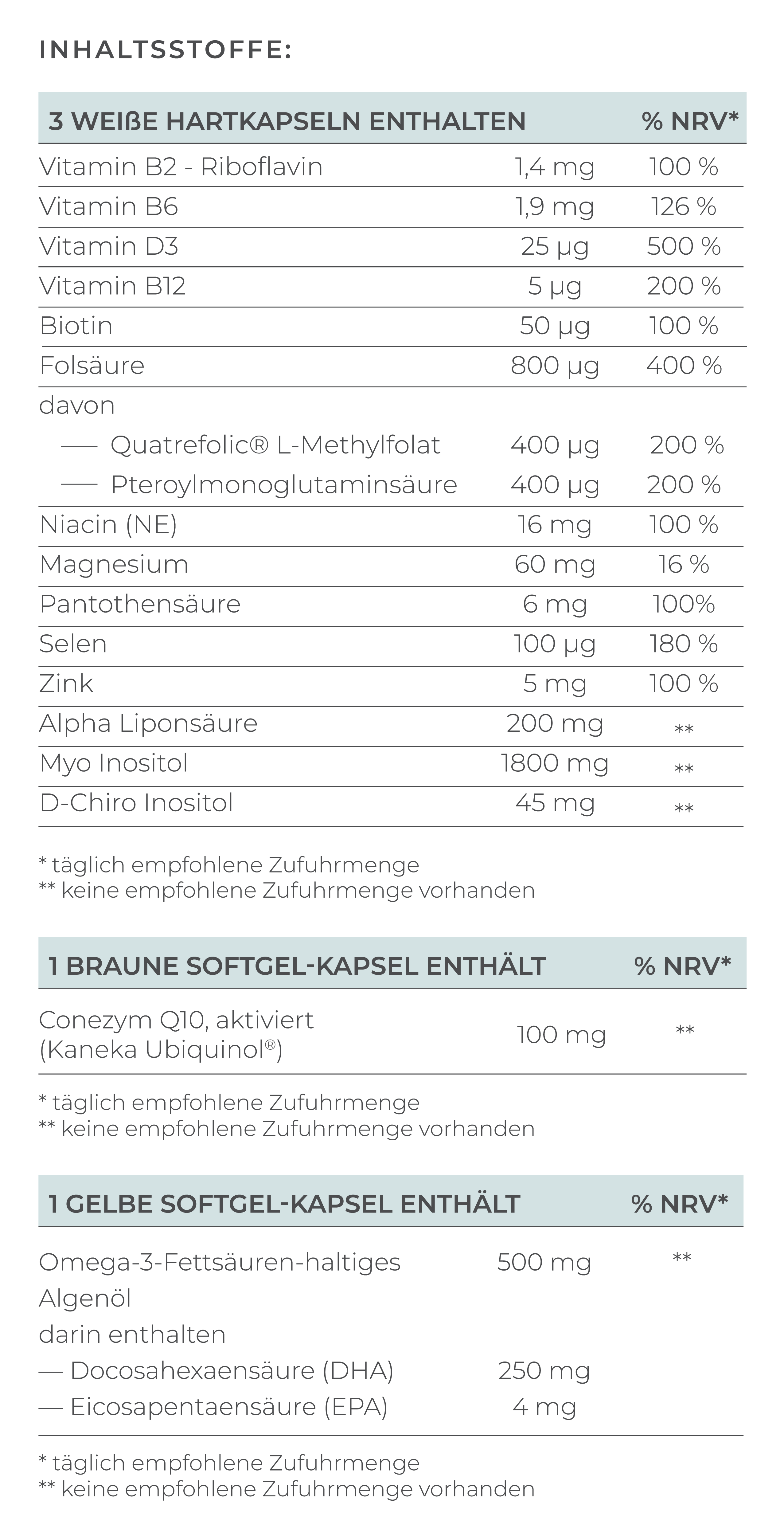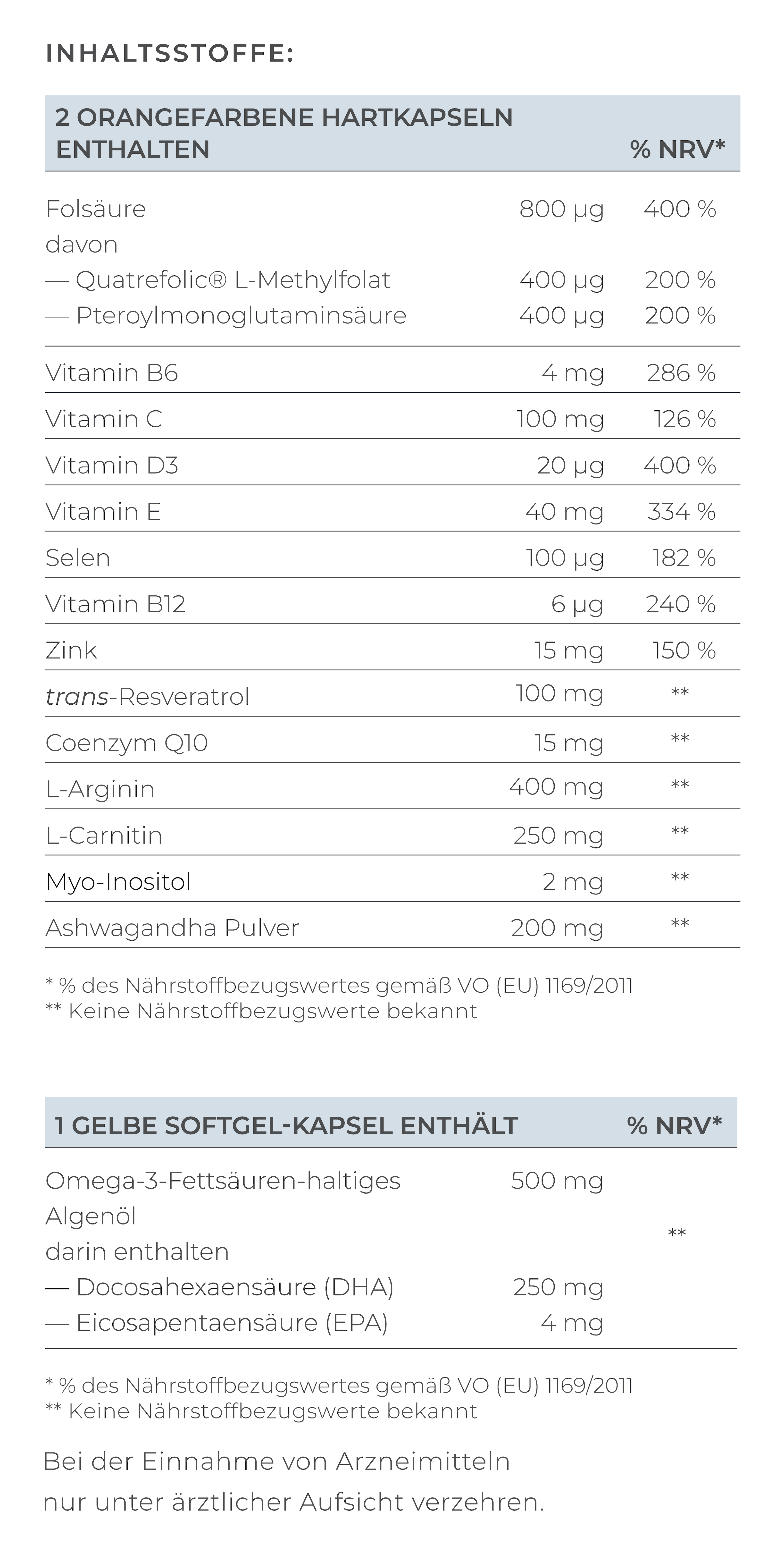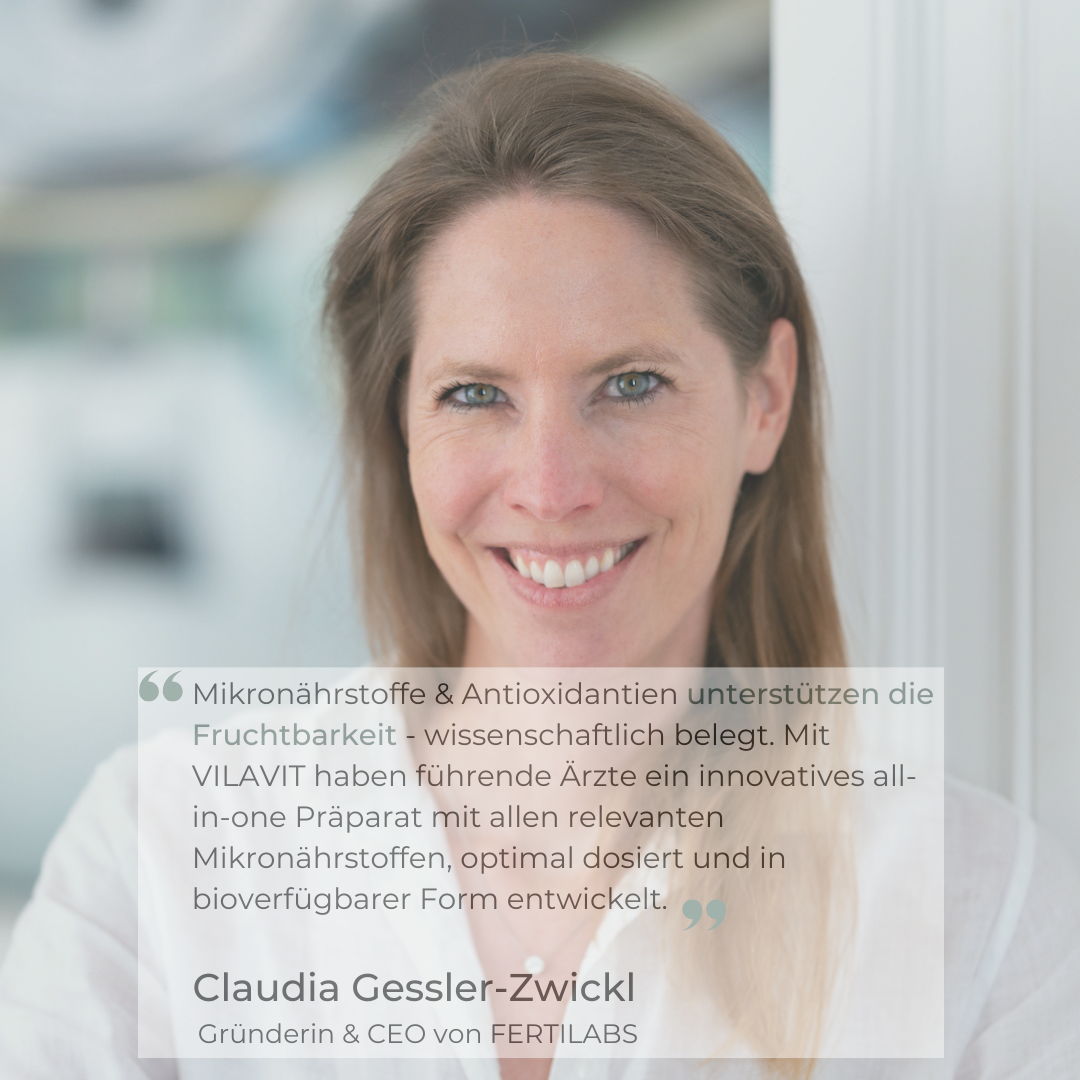Could you briefly explain what VivaFert stands for and what role you play in the field of fertility treatment?
Nenad Nikolić: VivaFert is the world's first telemedicine platform dedicated exclusively to fertility treatment. We enable patients to receive qualified consultations from specialists, embryologists, psychologists, and nutritionists in 12 languages – conveniently online and regardless of location. Our goal is to provide couples with expert and empathetic support from the initial orientation to the selection of the right clinic.
How exactly does your telemedicine service for IVF patients work?
Nenad Nikolić: Patients book a consultation online. The consultations take place via video, so that findings, treatment options, or individual questions can be discussed directly. Depending on their needs, we also assist patients in selecting a suitable clinic at home or abroad.
What advantages does telemedicine offer specifically for couples who want to have children?
Nenad Nikolić: The biggest advantage is independence from time and place. Couples save themselves long journeys and waiting times and can still receive a qualified medical assessment. In addition, telemedicine provides access to international experts, which is particularly valuable when it comes to complex issues.
How does a typical telemedicine consultation process work at your company—from initial contact to treatment recommendation?
Nenad Nikolić: After booking a consultation, patients first fill out a medical history questionnaire. If they already have any test results, they provide these to us. In the initial consultation, we analyze the individual situation together and clarify any open questions. We then make a medical recommendation – whether it be a specific examination, a consultation with another specialist, or the selection of a suitable clinic. Upon request, we accompany patients through to the actual treatment.
What medical services can be covered by telemedicine, and where are the limits?
Nenad Nikolić: We can cover a lot: education, second opinions, interpretation of findings, treatment planning, legal information, nutritional and psychological counseling. The limits are where a physical examination or procedure is necessary—which, of course, can only be done in a clinic. An important part of our service is the country brochures we produce, which patients receive from us free of charge after the consultation. These contain comprehensive information on IVF, legal requirements, an overview of all clinics in the country, and the procedures permitted for different couples – whether heterosexual couples, same-sex couples, or women without partners.
How do you work with fertility clinics? Are there specific partner clinics, or is the system open?
Nenad Nikolić: We have a network of carefully selected partner clinics in several European countries with which we cooperate closely. These are renowned centers that are among the best in their country or city. The big advantage for our patients is that they don't have to spend a long time searching for a suitable clinic themselves—we put them in direct contact with the clinic, which often shortens the waiting time for an appointment. Nevertheless, the system remains open: patients are free to make their own decisions, and it is important to us that they are fully informed and find the clinic that is right for them.
Many couples find the journey to parenthood emotionally stressful. How can telemedicine provide relief or support here?
Nenad Nikolić: Just the possibility of receiving professional support at any time is a relief for many. We also offer psychological counseling so that couples can discuss their worries and fears. The feeling of not having to go through this process alone is also a great help to many.
What role does data security play with regard to sensitive medical information on your platform?
Nenad Nikolić: Data security is a key issue for us. We work in accordance with European data protection guidelines (GDPR). Without the trust of our patients, our work would not be possible.
How do you ensure that the medical quality of your telemedical consultations is equivalent to that of face-to-face consultations at the clinic?
Nenad Nikolić: All consultations are conducted exclusively by specialists in reproductive medicine – embryologists, gynecologists, psychologists, and nutritionists. We place great value on experience and qualifications. In terms of content, the consultation is no different from a face-to-face consultation at the clinic – only the setting is digital.
What feedback do you receive from users who have already used your service?
Nenad Nikolić: The feedback is very positive. Many appreciate the quick availability, the clear and understandable information, and the opportunity to ask questions openly and without time pressure. Some also report that our consultation helped them find a suitable clinic at home or abroad more quickly.
What does VivaFert have planned for the future—are there any new services that patients can look forward to?
Nenad Nikolić: Yes, we are currently working on expanding our range of services. This includes information events, online workshops, and greater involvement of international partner clinics. Another important step is that we will be extending our cooperation to even more countries worldwide and adding additional languages to our counseling services. In this way, we want to make it easier for patients to access qualified fertility counseling regardless of where they live or their native language.
What advice would you give to couples who want to have children and are currently considering whether telemedicine might be the right option for them?
Nenad Nikolić: I would like to encourage them. Telemedicine does not replace treatment in a clinic, but it offers guidance, security, and professional support. Especially in a phase of life that is often associated with uncertainty and emotions, the right advice at the right moment can be very valuable.
For more information visit https://www.vivafert.com/



